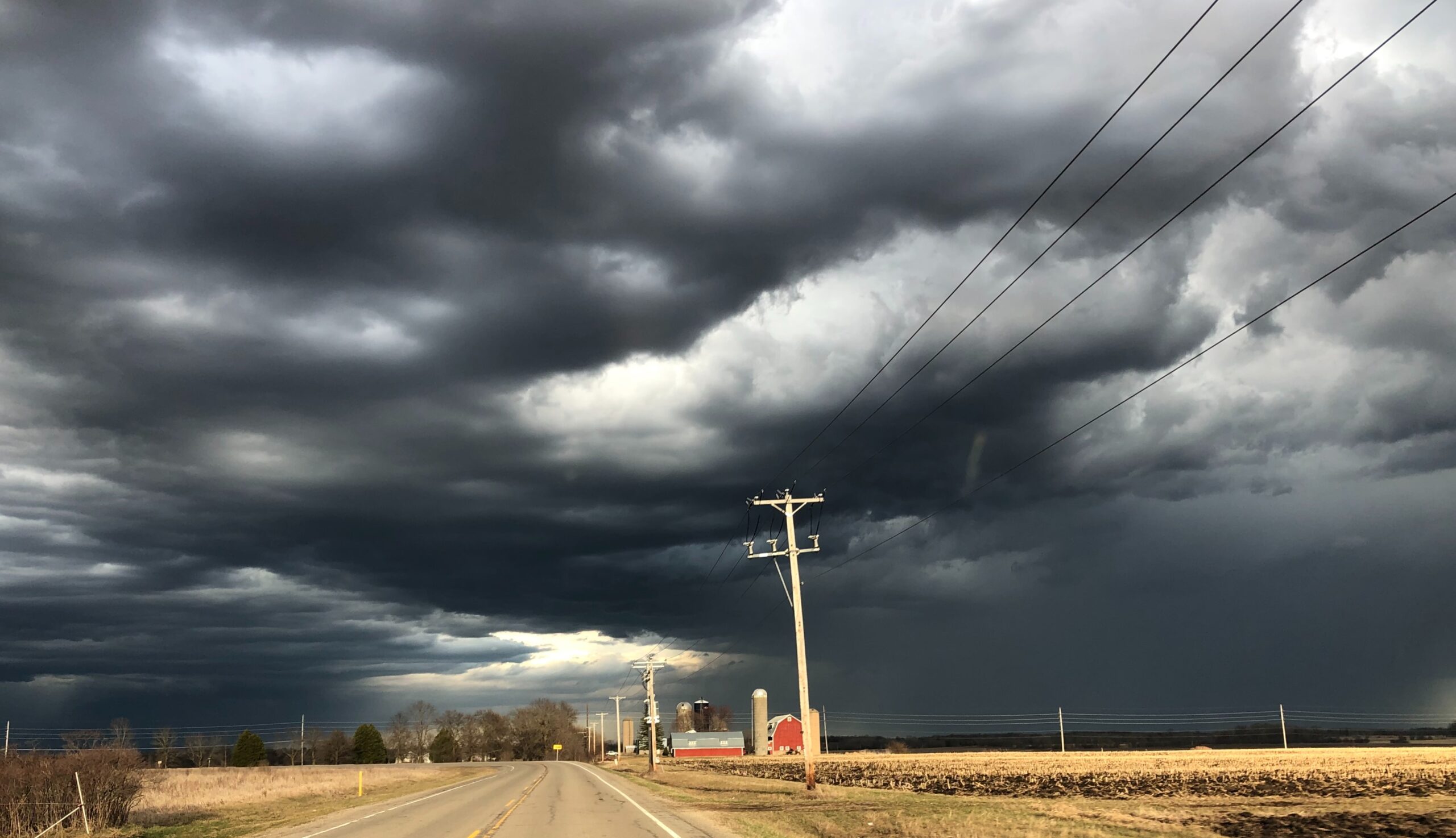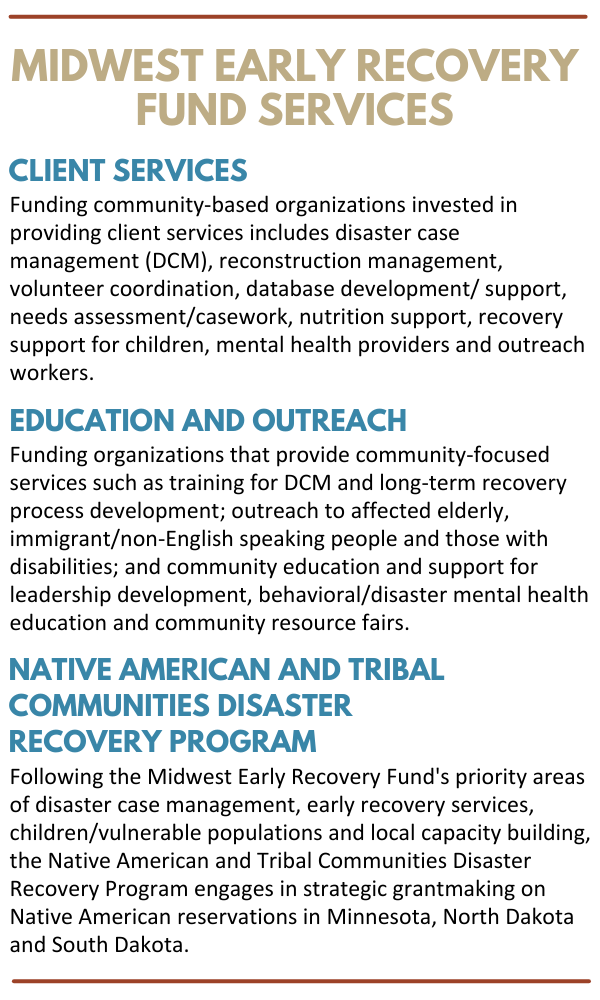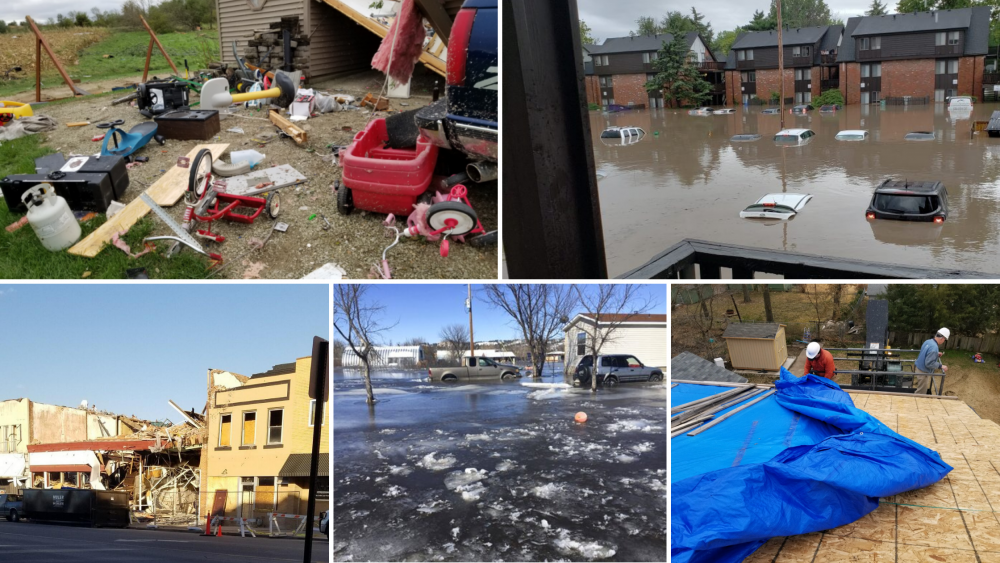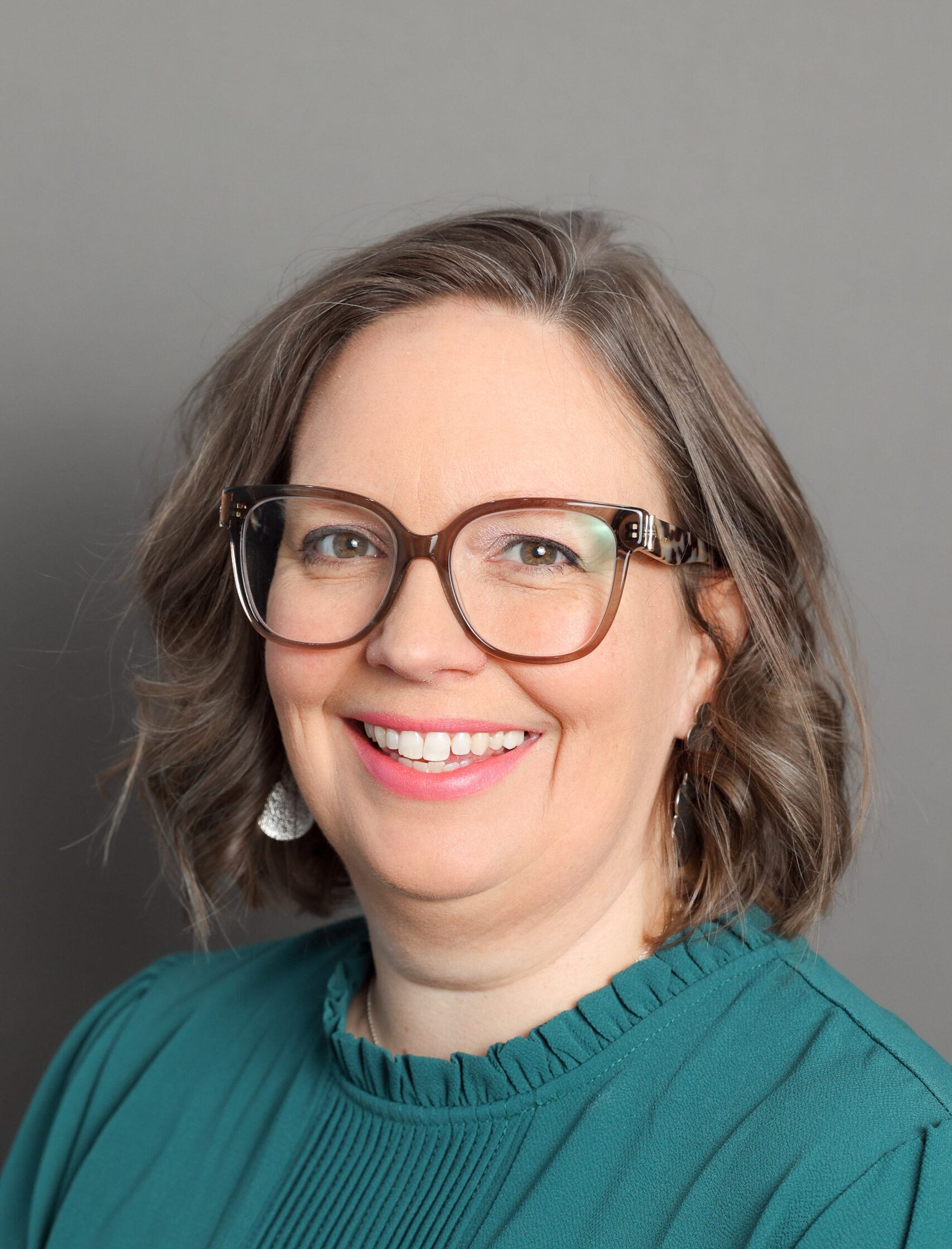Responding to Low-Attention Disasters in 2021 and Beyond
In the past few months, as we prepared to shift the Midwest Early Recovery Fund from Nancy Beers’ leadership to mine, we’ve been reflecting on the successes and challenges of the first seven years of this program at the Center for Disaster Philanthropy (CDP). I am forever personally grateful for the opportunity to be mentored […]

In the past few months, as we prepared to shift the Midwest Early Recovery Fund from Nancy Beers’ leadership to mine, we’ve been reflecting on the successes and challenges of the first seven years of this program at the Center for Disaster Philanthropy (CDP). I am forever personally grateful for the opportunity to be mentored by Nancy and to work alongside her. The Fund has had tremendous influence and impact on disaster recovery in the region and beyond.
With a deep understanding of the past and an ever-increasing awareness of the current reality, I share our vision of the Fund’s future and how our learnings, resources and expertise can help you respond to low attention disasters in rural or under-resourced communities in your region.
Continued commitment to community-driven recovery
The Midwest Early Recovery Fund’s mission is to provide communities affected by low-attention disasters valuable recovery resources through a timely, consistent and replicable grantmaking process. The Fund is utilized to address issues two weeks to 18 months after natural disasters, including tornadoes, flooding, earthquakes, landslides and wildfires, in a 10-state region that includes Arkansas, Iowa, Kansas, Minnesota, Missouri, Montana, Nebraska, North Dakota, Oklahoma, South Dakota and the Native nations that share the geography.
As I consider this mission, I see four themes that frame our work.
1. Relational Decision-Making + Data
Our approach to the “when, where and how” decisions of our work is relational and data-driven. Our starting point is a needs assessment that involves analyzing indicators about pre-existing community vulnerability, post-disaster impacts and recovery capacity or assets. It helps us identify low-attention, under-resourced, disaster-affected communities and begin to pinpoint and prioritize their post-disaster challenges.
While we continue to hone how we use data to inform our programming, we are also working to increase our relational, community and stakeholder leadership and decision-making.
Although we’ve moved toward Zoom and virtual connections and as we wait for travel restrictions to lift, we continue to be guided by local leadership, influenced by the individual and community lived experience and grounded in trust-based partnership.

2. Recovery Resources: Funding
The Early Recovery Fund fills a persistent gap in post-disaster funding, especially at the local level where, too often, communities struggle with identifying sufficient resources to address the unmet needs of those most vulnerable to the impact of disasters because of systemic inequities. Through grantmaking, we build local capacity to provide early to long-term disaster recovery services, meet the needs of those disproportionately affected and promote solutions that lead to equitable, holistic community recovery.
3. Recovery Resources: Technical Assistance
The Midwest Early Recovery Fund team provides technical assistance for communities and other funders and stakeholders.
We have identified five key challenges faced by communities affected by low-attention disasters. During the first few months post-disaster, communities often struggle to:
- Identify and develop sufficient resources to meet the needs of those affected by the disaster.
- Develop robust long-term recovery plans without additional support from national, regional or state disaster organizations and other partners.
- Coordinate client information and resources from multiple agencies.
- Identify affected vulnerable populations and develop appropriate resources.
- Meet the unique needs of children post-disaster.
As we work in community, with community stakeholders, our assistance often comes in the form of potential solutions for these challenges. We offer strategy sessions about next steps, job descriptions, and training and coaching resources. Conversations with community stakeholders continue as needed to help us – and them – understand how these identified challenges uniquely appear in their community, what solutions work best for them and how the needs and responses change over time.
We often find ourselves in the position of providing expertise to other funders and emerging and expanding nonprofits as they prioritize their engagement and support of communities post-disaster. Expertise on needs assessments, resource and long-term recovery group development and the early recovery services typically included in our grantmaking are available to organizations and stakeholders through conversation, coaching, workshops or other training.
In many ways, we see our role as taking a very complicated system of disaster recovery and translating it into language and action so that communities and stakeholders can understand the “do” and take another step forward towards recovery.
4. Connect and Advocate
In the Midwest, communities affected by low-attention disasters consistently need more funding and resources. Our approach is to “come with a team.” We work with partners to identify gaps, draw on CDP resources and colleagues’ expertise and broaden the broad connections.
We draw attention to these places, resource needs and disparities and pursue conversations about rural access to resources, chronic housing issues and historical inequities. Some of these groups include Black, Indigenous and communities of color, children, veterans, those living in poverty, people with physical and mental health disabilities, and the elderly.
There is much to be done and many innovative, practical solutions to challenges that are yet to be discovered. We bring people together to encourage networking, problem-solving and learning opportunities. We connect and bridge community to funder, funder to funder and community leader to community leader.
What’s Ahead
As we move into the next several years of the Midwest Early Recovery Fund, you might note some shifts in language and emphasis. Still, our vision remains the same: to support those most vulnerable to the impact of a natural disaster, so the entire community benefits from a more holistic and robust recovery.
We will continue to fund low-attention disasters in a 10-state region in the Midwest. We will continue to empower communities to lead their recovery and support them with technical assistance, recovery resources and funding for capacity building, outreach and education and work with vulnerable populations.
As we further integrate our Early Recovery Needs Assessment tools into our decision-making practices, we won’t change the foundation of relationship and trust. We will continue to seek additional thought partners and resource partners who will engage in the work with us.
Most importantly, we will continue to remind ourselves and our partners that our goal is that all communities, households and individuals have the opportunity and resource access to rebound and recover from disaster. And we will continue to celebrate and learn from the work of grantee partners who creatively and courageously step into the work of disaster recovery.
If you would like to explore how you can leverage the relational, data-informed and community-driven approach of the Midwest Early Recovery Fund in your disaster response, we are available for conversation.
If you’d like information specifically about our Native American and Tribal Communities Recovery program in South Dakota, North Dakota and Minnesota. Please reach out to Heidi Schultz at Heidi.Schultz@disasterphilanthropy.org.
If you’re not in the Midwest Early Recovery Fund 10-state region but work in rural or Native American communities or are interested in understanding how disasters affect these areas alongside unique needs, challenges and recovery resources, we’d welcome the opportunity to connect and discuss with you. Start the conversation by emailing me at Cari.Cullen@disasterphilanthropy.org.
More like this

Lessons in data-driven disaster recovery

